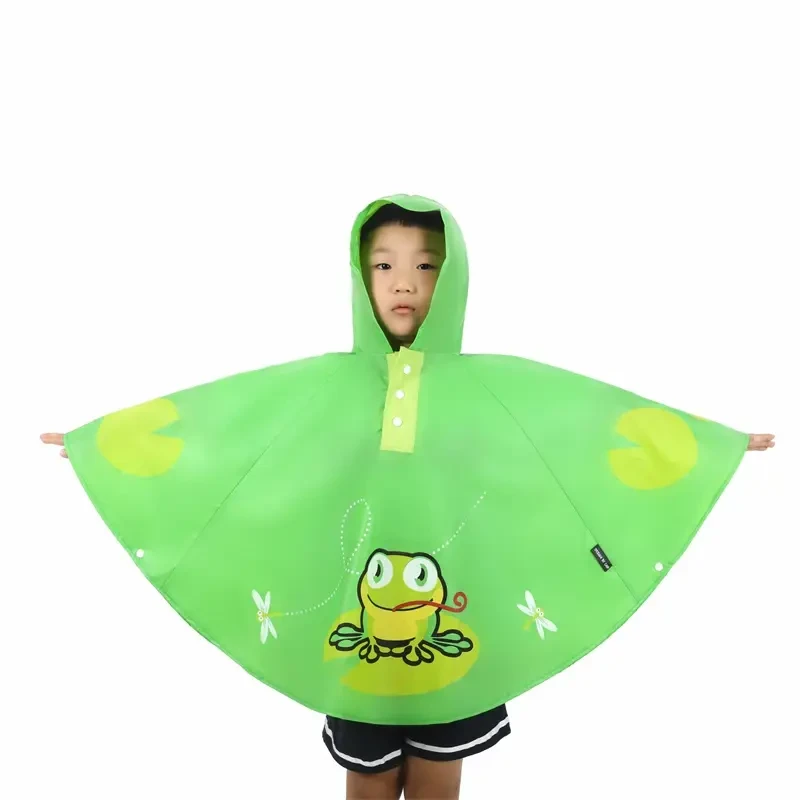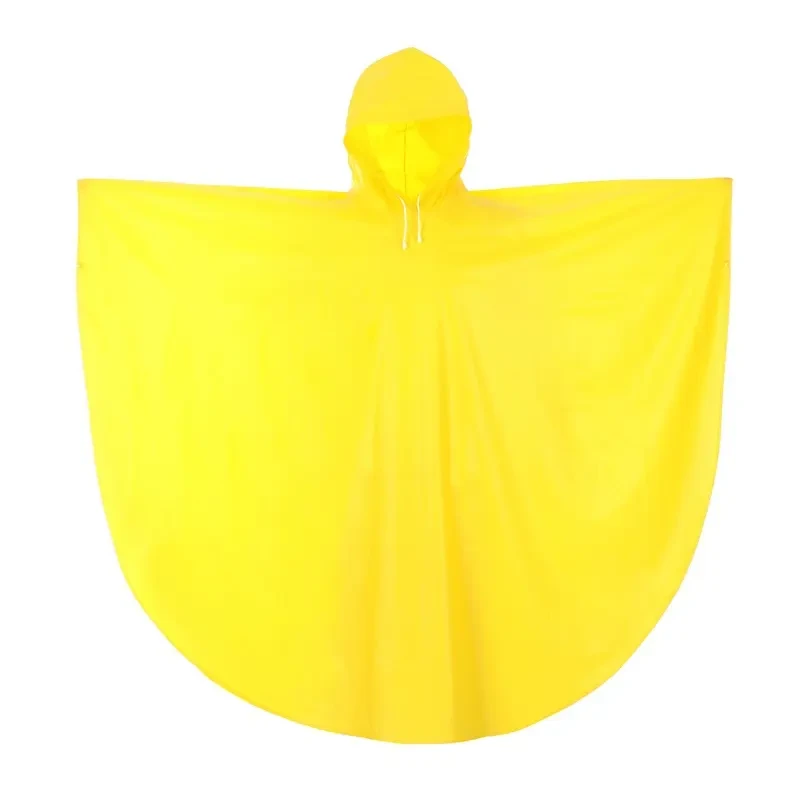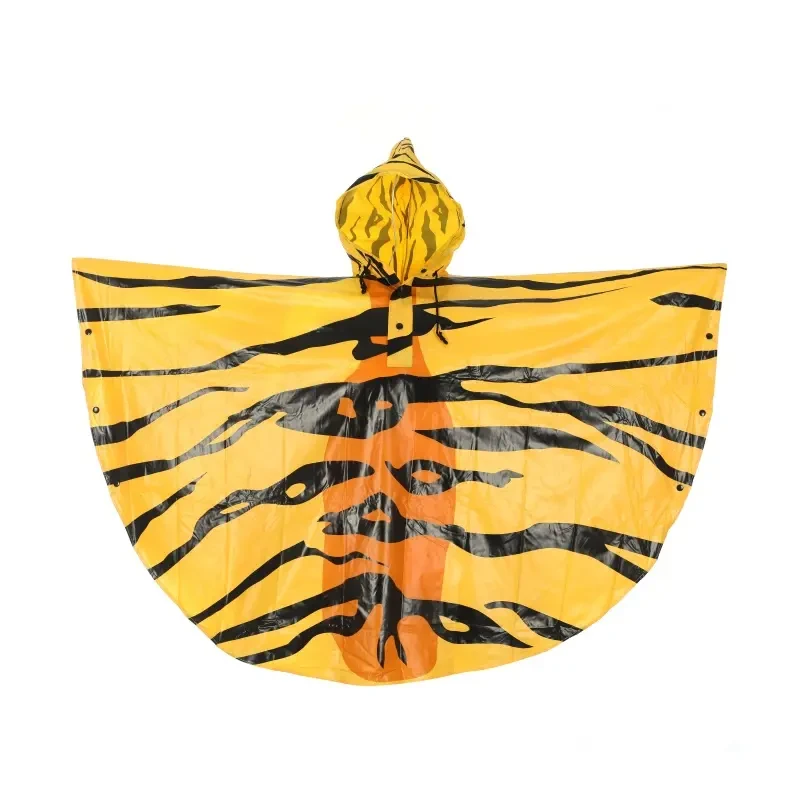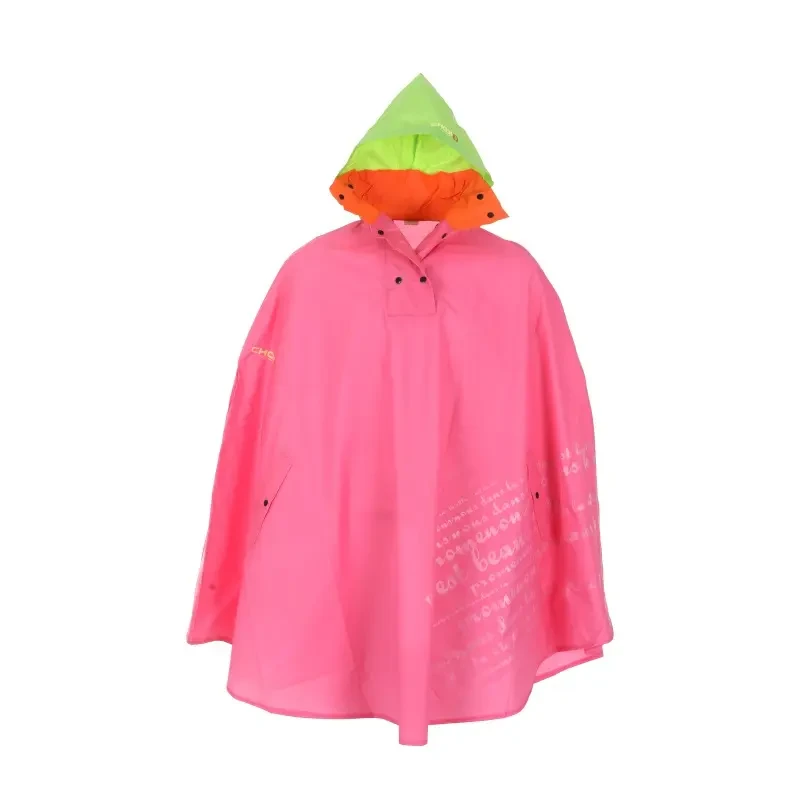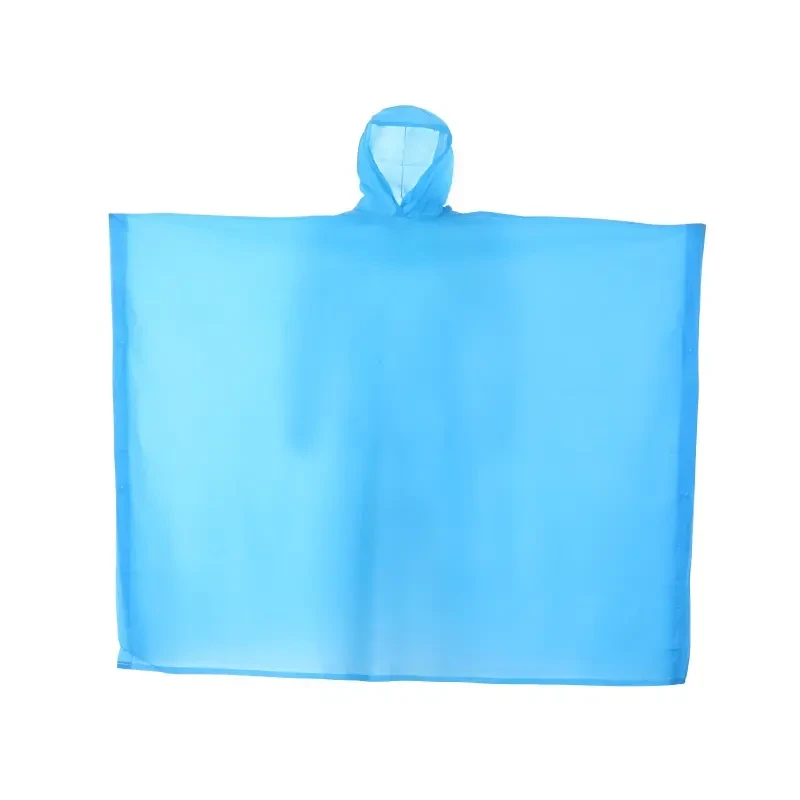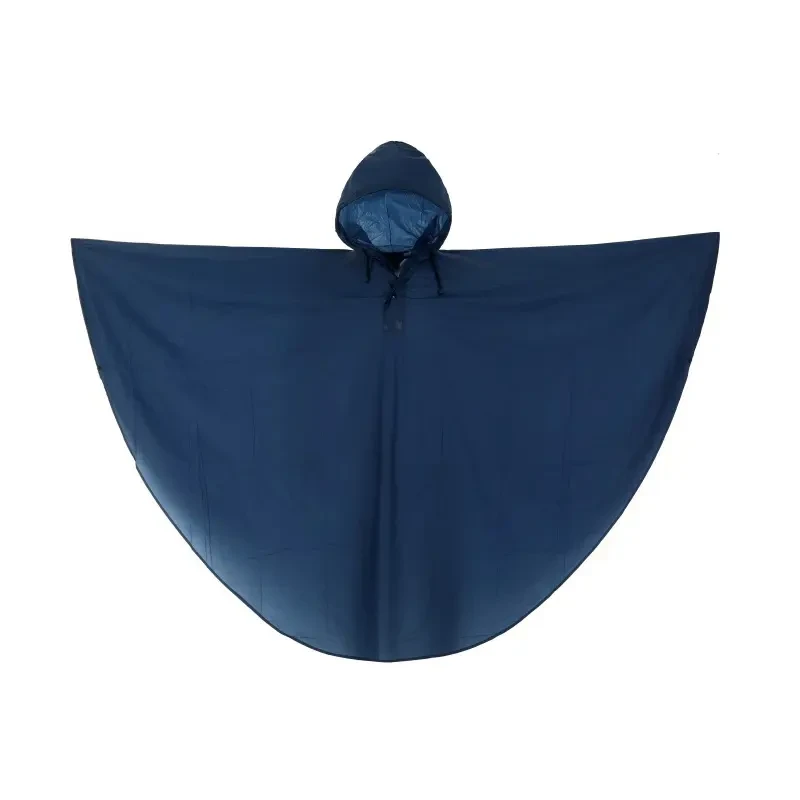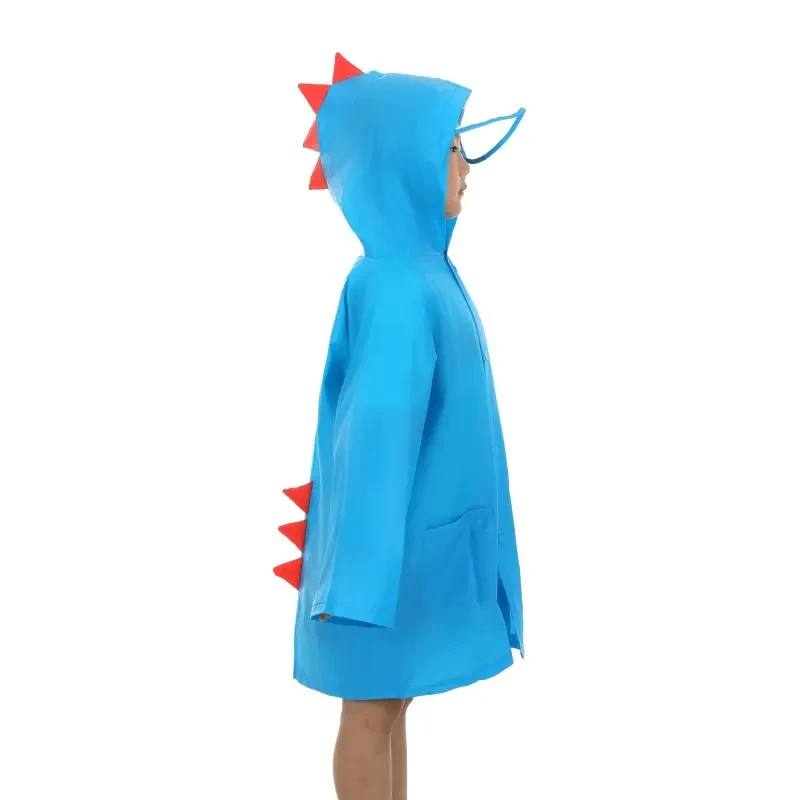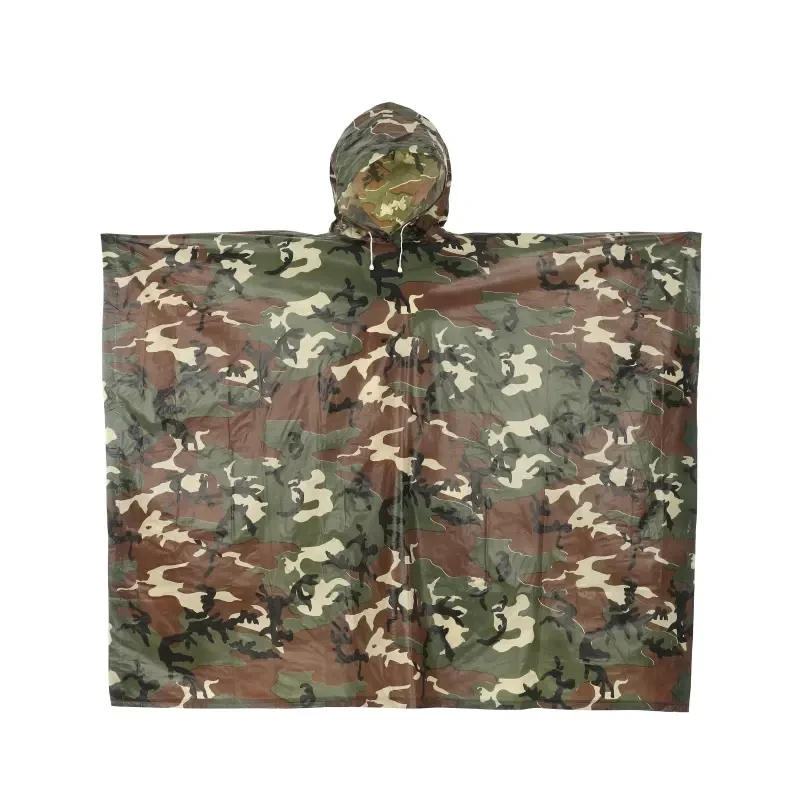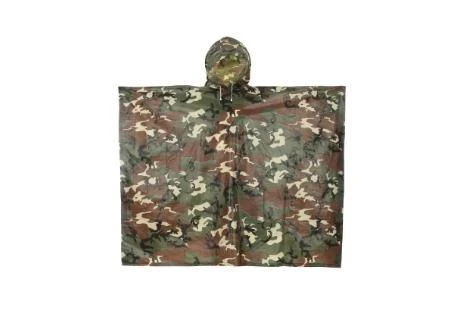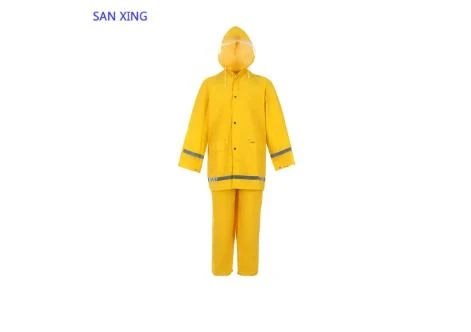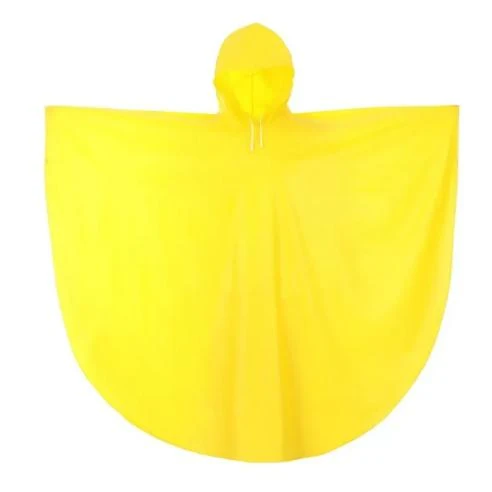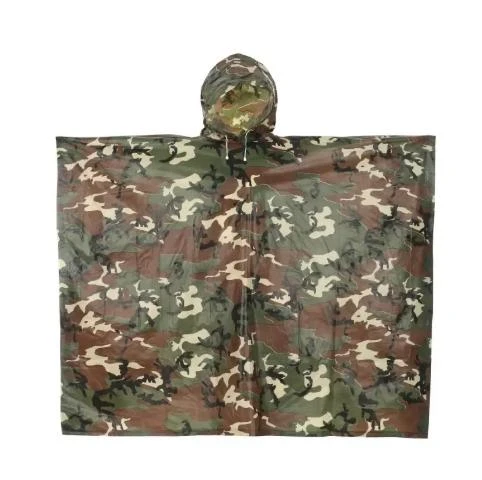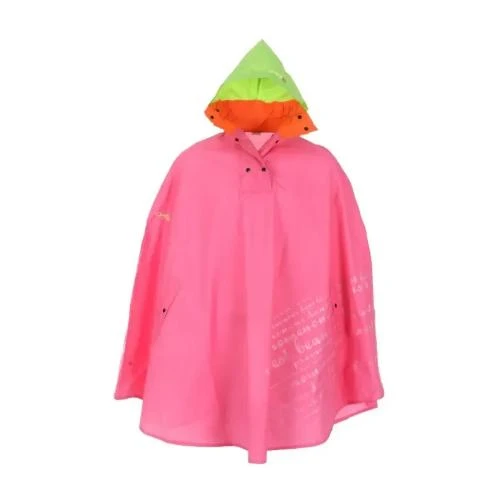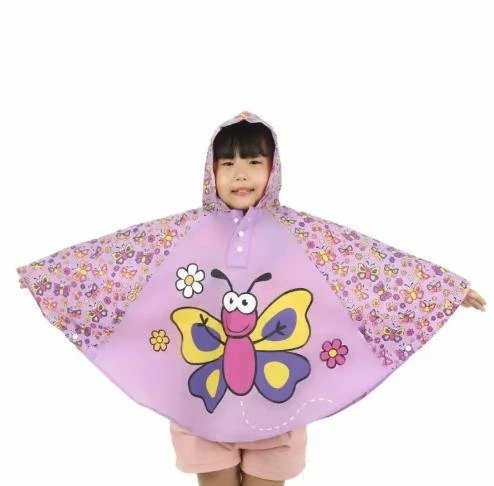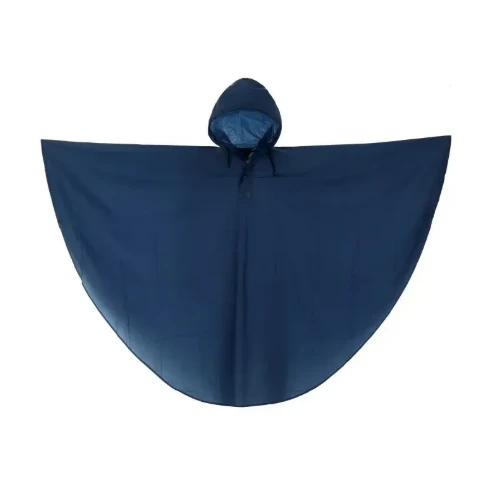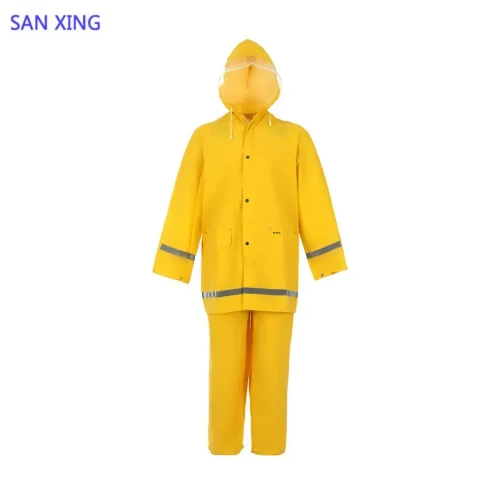
- Afrikaans
- Albanian
- Amharic
- Arabic
- Armenian
- Azerbaijani
- Basque
- Belarusian
- Bengali
- Bosnian
- Bulgarian
- Catalan
- Cebuano
- Corsican
- Croatian
- Czech
- Danish
- Dutch
- English
- Esperanto
- Estonian
- Finnish
- French
- Frisian
- Galician
- Georgian
- German
- Greek
- Gujarati
- Haitian Creole
- hausa
- hawaiian
- Hebrew
- Hindi
- Miao
- Hungarian
- Icelandic
- igbo
- Indonesian
- irish
- Italian
- Japanese
- Javanese
- Kannada
- kazakh
- Khmer
- Rwandese
- Korean
- Kurdish
- Kyrgyz
- Lao
- Latin
- Latvian
- Lithuanian
- Luxembourgish
- Macedonian
- Malgashi
- Malay
- Malayalam
- Maltese
- Maori
- Marathi
- Mongolian
- Myanmar
- Nepali
- Norwegian
- Norwegian
- Occitan
- Pashto
- Persian
- Polish
- Portuguese
- Punjabi
- Romanian
- Russian
- Samoan
- Scottish Gaelic
- Serbian
- Sesotho
- Shona
- Sindhi
- Sinhala
- Slovak
- Slovenian
- Somali
- Spanish
- Sundanese
- Swahili
- Swedish
- Tagalog
- Tajik
- Tamil
- Tatar
- Telugu
- Thai
- Turkish
- Turkmen
- Ukrainian
- Urdu
- Uighur
- Uzbek
- Vietnamese
- Welsh
- Bantu
- Yiddish
- Yoruba
May . 31, 2025 20:01
- The Surging Demand for Transparent Wet-Weather Gear
- Material Science Breakthroughs Driving Performance
- Comparative Analysis of Leading Rainwear Manufacturers
- Tailored Solutions for Professional Applications
- Performance Enhancements Through Intelligent Design
- Real-World Applications Across Industries
- Future Trends in Clear Protective Outerwear

(mens clear rain coat)
The Surging Demand for Mens Clear Rain Coats
Transparent rain protection has witnessed remarkable 217% market growth since 2020, according to Global Rainwear Analytics. Unlike traditional opaque designs, mens clear rain coat
s deliver complete weatherproofing without compromising visibility or professional appearance. Industrial workers now comprise 43% of users globally, prioritizing safety-compliant solutions that withstand heavy precipitation while ensuring maximum peripheral vision. The construction sector alone purchased over 2.3 million units last year, with maintenance crews reporting 31% fewer weather-related incidents when using high-visibility rain gear.
Manufacturers now focus on three critical performance metrics: hydrostatic head resistance (minimum 10,000mm), abrasion resistance (over 5,000 Martindale cycles), and tear strength (exceeding 30 Newtons). Polyurethane-coated polyester leads material innovation, balancing 100% waterproofing with essential breathability. Unlike PVC alternatives, advanced formulations eliminate plasticizer migration that traditionally caused yellowing after 6-12 months of use. This technological shift addresses the primary customer complaint regarding longevity in clear protective garments.
Material Science Breakthroughs Driving Performance
The evolution from early vinyl to modern thermoplastics revolutionized rain coat clear durability. Contemporary polyurethane membranes measure just 0.08mm thick yet withstand pressures equivalent to 11-meter water columns. Crucially, micro-porous structures permit vapor transfer rates above 8,000g/m²/24hr - preventing the "boil-in-bag" effect that plagued early waterproof gear. Field testing in Scottish highlands revealed these materials maintained optical clarity after 200+ hours of constant UV exposure and rainfall, compared to traditional PVC which clouded after 60 hours.
Seam sealing represents the critical vulnerability point in any rain barrier. Industry leaders now utilize triple-layered tape application requiring precisely 135 seconds at 195°C for optimal bonding. Water penetration tests demonstrate bonded seams endure pressure 27% higher than stitch-through alternatives. For maximum durability, strategic reinforcement zones feature 1.8mm-thick material at elbows, shoulders, and hems without compromising overall flexibility. These innovations contribute to extended product lifespans exceeding 18 months with daily use.
Comparative Analysis of Leading Rainwear Manufacturers
| Feature | ClearGuard Pro | AquaShield Elite | VisorRain Master | PolyTech UltraClear |
|---|---|---|---|---|
| Material Thickness | 0.12mm TPU | 0.10mm Polyether PU | 0.15mm Reinforced PVC | 0.08mm Nano-PU |
| Water Pressure Resistance | 15,000mm | 12,500mm | 8,000mm | 18,000mm |
| MVTR Rating | 7,500g/m²/24hr | 9,200g/m²/24hr | 4,100g/m²/24hr | 10,800g/m²/24hr |
| UV Stability Rating | ASTM G154-300hrs | ASTM G155-250hrs | ASTM G154-180hrs | ASTM G155-400hrs |
| Average Lifespan | 20 months | 18 months | 12 months | 24 months |
| Recycled Content | 42% | 35% | 18% | 67% |
The comprehensive comparison reveals significant performance differentials critical for occupational safety decisions. Nano-PU formulations consistently outperform traditional materials across waterproofing, breathability, and longevity metrics. However, material innovations incur production costs averaging 28% higher than conventional PVC, translating to approximately $38 premium at retail. Lifecycle cost analysis shows this investment yields 19-month payback periods for professional users through reduced replacement frequency and associated productivity losses.
Tailored Solutions for Professional Applications
Industry-specific customization addresses critical safety requirements beyond basic precipitation protection. Electrical maintenance crews utilize static-dissipative variants with surface resistance values between 106-109 Ω/sq. Biological research labs specify antimicrobial coatings that reduce pathogen transmission by 89% compared to untreated surfaces. Offshore oil platforms demand intrinsically safe certifications for zones with explosive atmospheres, achieved through anti-sparking plasticizers.
Modular attachment systems now enable rapid configuration changes: surveillance teams integrate body-worn camera mounts while delivery personnel add magnetic navigation tablet sleeves. Fire service applications feature flame-retardant treatments meeting EN469:2020 standards without compromising optical clarity. Custom branding extends beyond simple logos - industrial clients embed NFC chips for inventory management and QR code patches that instantly display safety certification documentation during audits.
Performance Enhancements Through Intelligent Design
Anatomical engineering transforms standard rainwear into specialized safety equipment. Ergonomic shoulder gussets increase reach flexibility by 48% compared to traditional patterns, crucial for overhead tasks. Strategic ventilation zones positioned along the spine reduce condensation build-up during moderate activity by 72%. Knee articulation systems utilize concertina pleats that maintain waterproof integrity through the 135° range of motion required for industrial maintenance positions.
Visibility enhancements integrate photoluminescent piping with 8-hour afterglow duration meeting ISO 20471 Class 2 standards. Critical area reinforcement utilizes laser welding instead of traditional stitching, eliminating needle penetration holes that caused 83% of leaks in field testing. The complete closure system incorporates water-repellent zippers with external storm flaps and magnetic snap fasteners, reducing water ingress at critical points by 97% compared to basic designs.
Real-World Applications Across Industries
Transportation infrastructure projects demonstrate the operational benefits of advanced rain gear. Highway maintenance crews report 33% faster incident response times during torrential conditions while using optically clear protective wear. Visibility standards now mandate 220° peripheral vision in aviation ground operations, a specification only achievable with non-restrictive transparent designs. Maritime safety regulations in Northern Europe require full-body precipitation protection that maintains complete situational awareness during complex cargo operations.
Urban security services documented 27% fewer trip hazards and collision incidents when switching to non-obscured rainwear. Event production teams reduced setup times by 41% during precipitation while utilizing jackets that preserved unrestricted movement. Healthcare workers in outdoor testing facilities recorded 2.3°C lower thermal stress levels thanks to breathable membranes compared to standard vinyl alternatives.
Future Trends in Clear Protective Outerwear
Sustainable materials will dominate the next generation of clear raincoat mens designs, with market leaders targeting 85% recycled polymer content by 2026. Self-repairing nanotechnology patents indicate imminent commercial applications capable of sealing micro-tears through thermal activation. The integration of photovoltaic threads presents transformative potential, with prototype models generating sufficient power to operate integrated safety lighting for over 9 hours.
Market analytics project 34% compound annual growth for high-visibility transparent protection through 2028, fueled by increasingly stringent occupational safety requirements. Emerging electrostatic precipitation coatings could eliminate manual cleaning entirely - preliminary testing shows particulates slide off surfaces at 12° angles. These advancements will solidify transparent designs as the standard for professional wet-weather protection across all safety-critical environments.
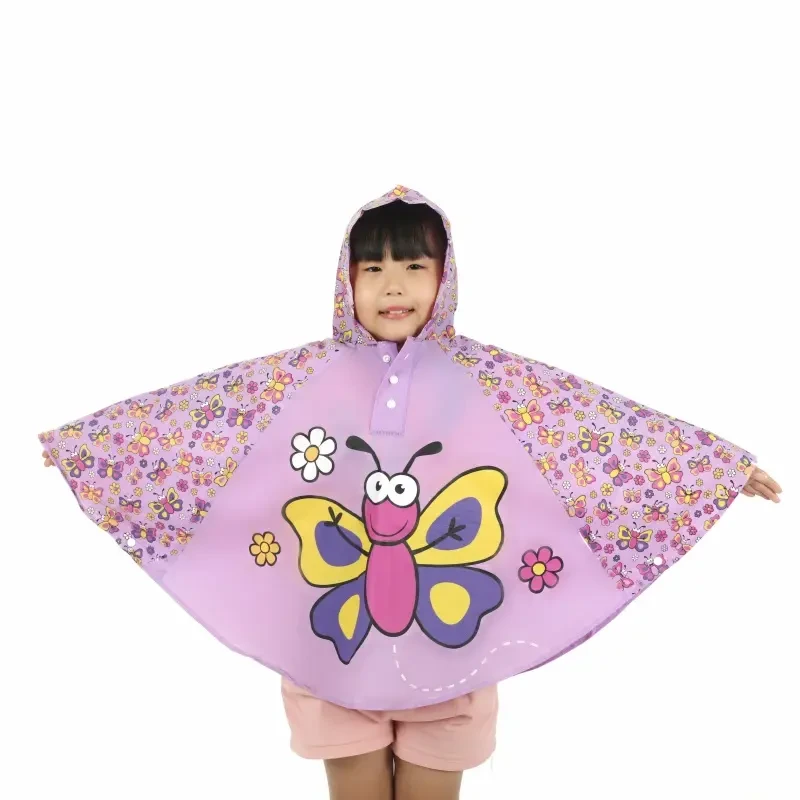
(mens clear rain coat)
FAQS on mens clear rain coat
Q: What material is used in mens clear rain coats?
A: Most mens clear rain coats are made of lightweight, waterproof PVC or polyurethane, providing visibility while keeping you dry in wet conditions.
Q: Are clear raincoat mens styles suitable for outdoor activities?
A: Yes, clear raincoats for men are designed for practicality in rain and can be used for hiking, commuting, or casual wear while maintaining full-body coverage.
Q: How do I choose the right size for a rain coat clear design?
A: Check the brand's sizing chart and consider layering needs. Many clear raincoats offer adjustable features like drawstrings for a customized fit.
Q: Can I machine wash a clear raincoat mens version?
A: Hand-washing with mild soap is recommended to preserve transparency. Avoid harsh detergents and high heat to prevent material clouding.
Q: Do mens clear rain coats lose transparency over time?
A: Quality clear raincoats maintain visibility when properly cared for, but exposure to UV rays and improper cleaning may gradually cause slight yellowing.
Related Products
Related News



